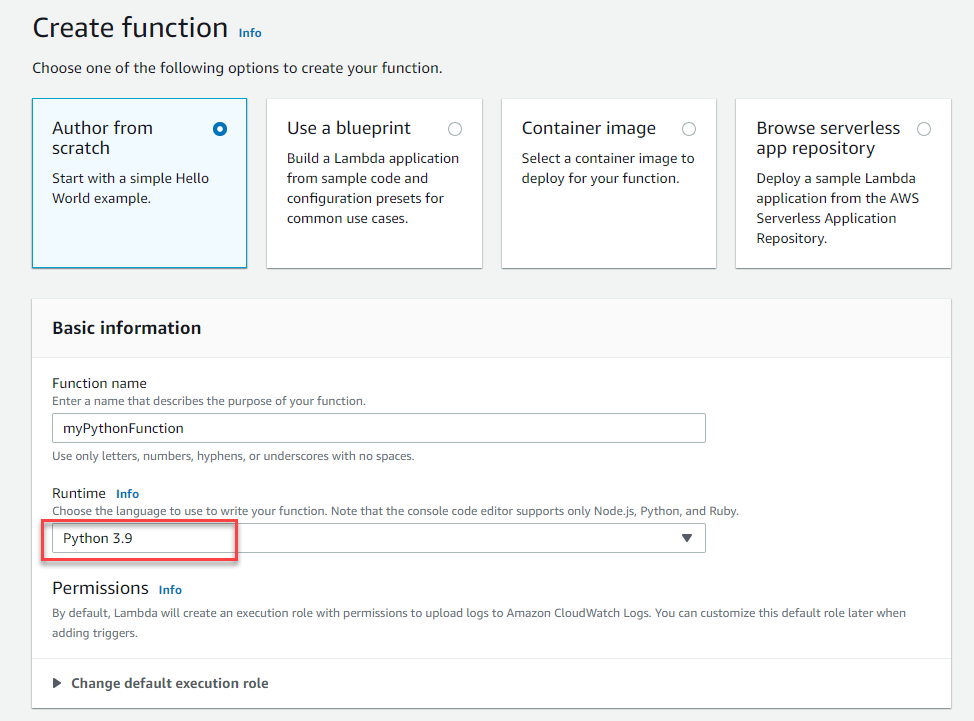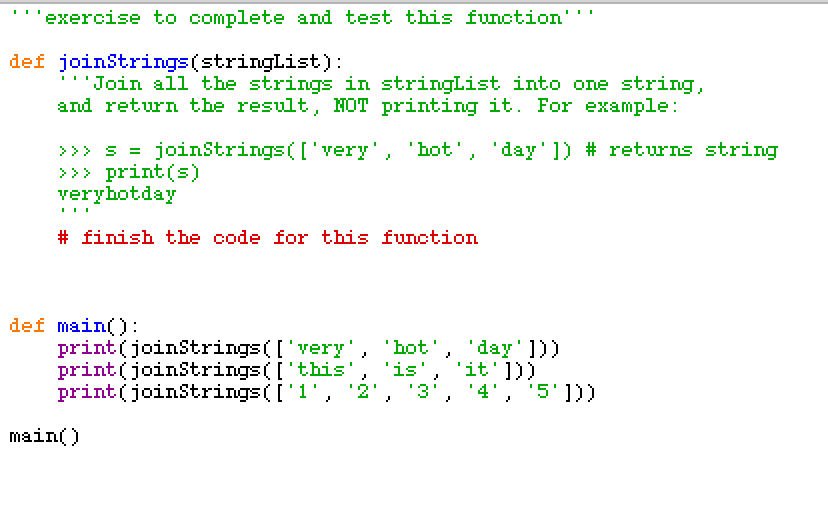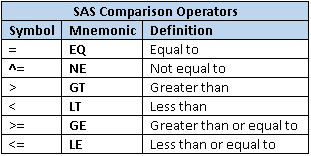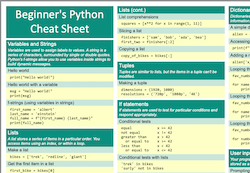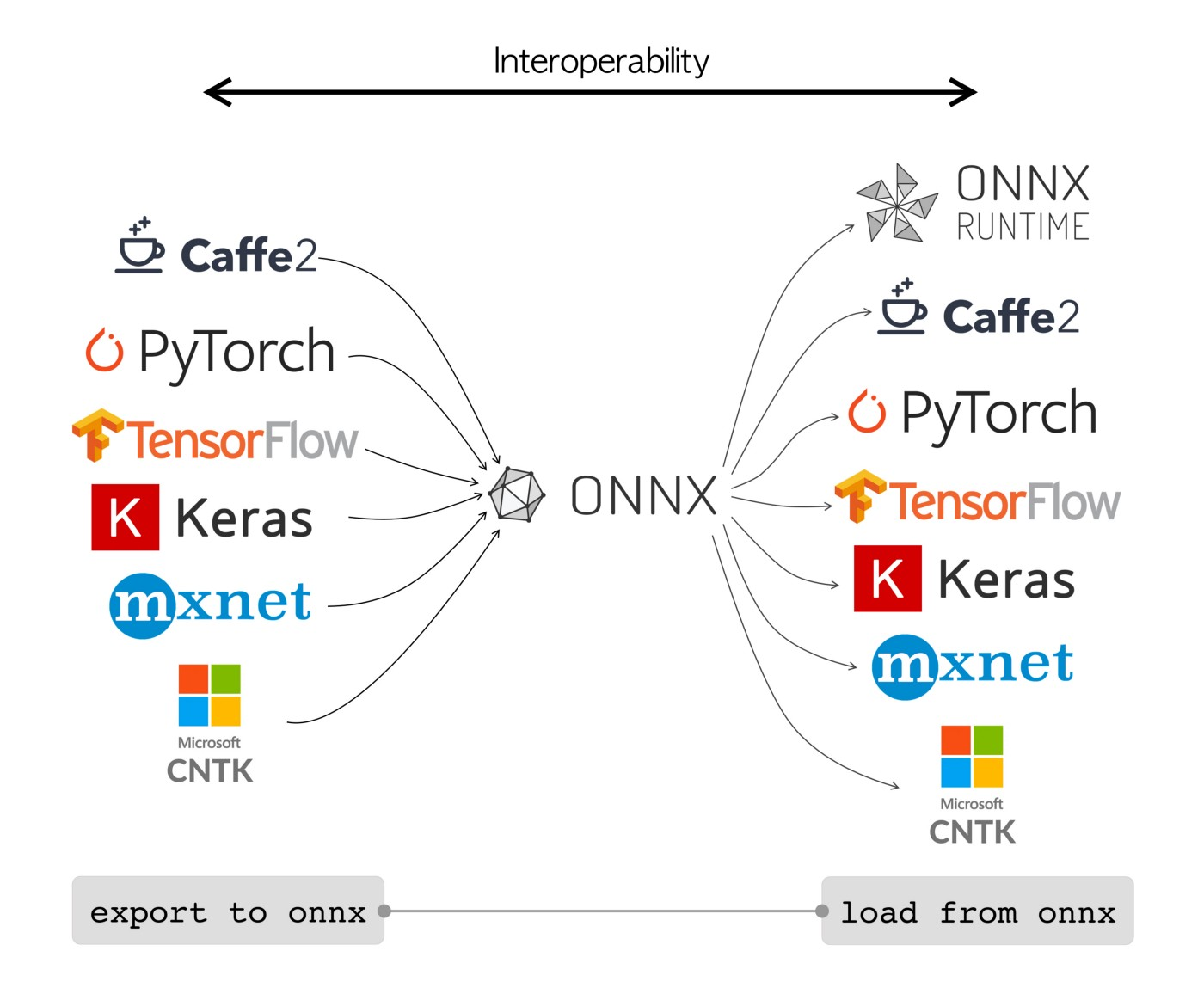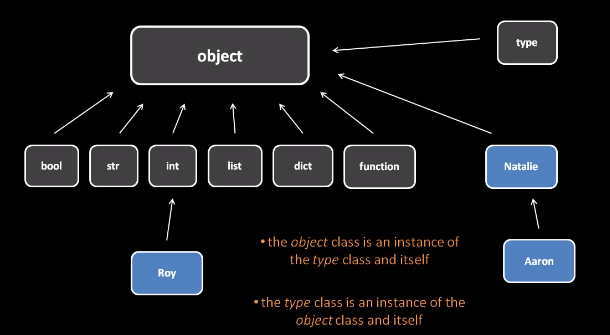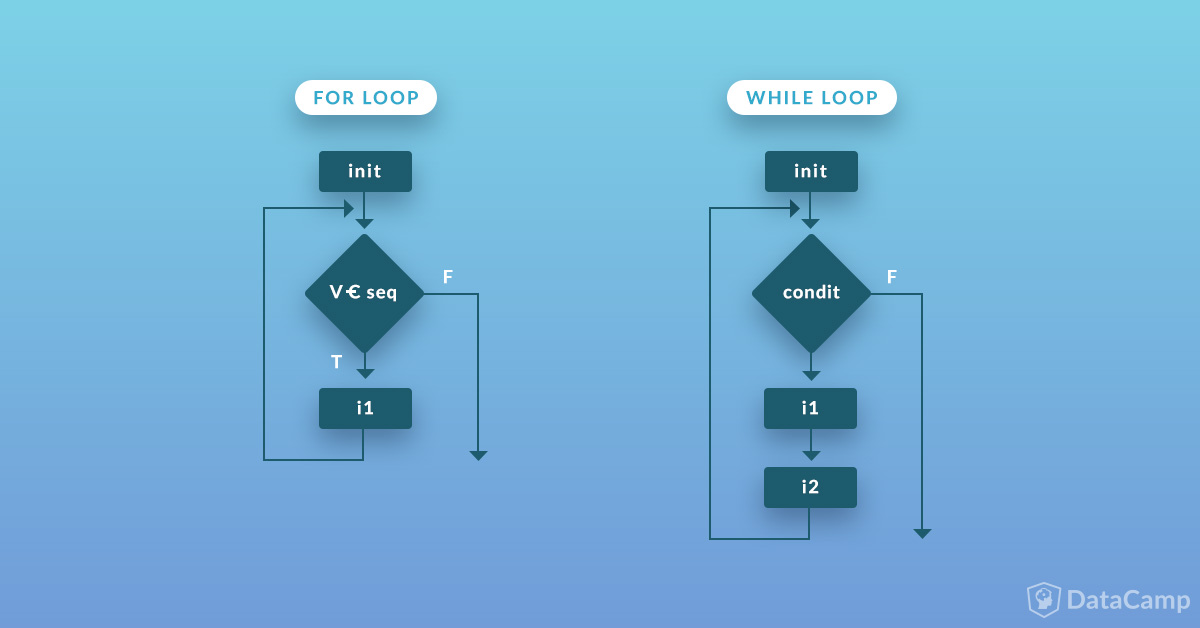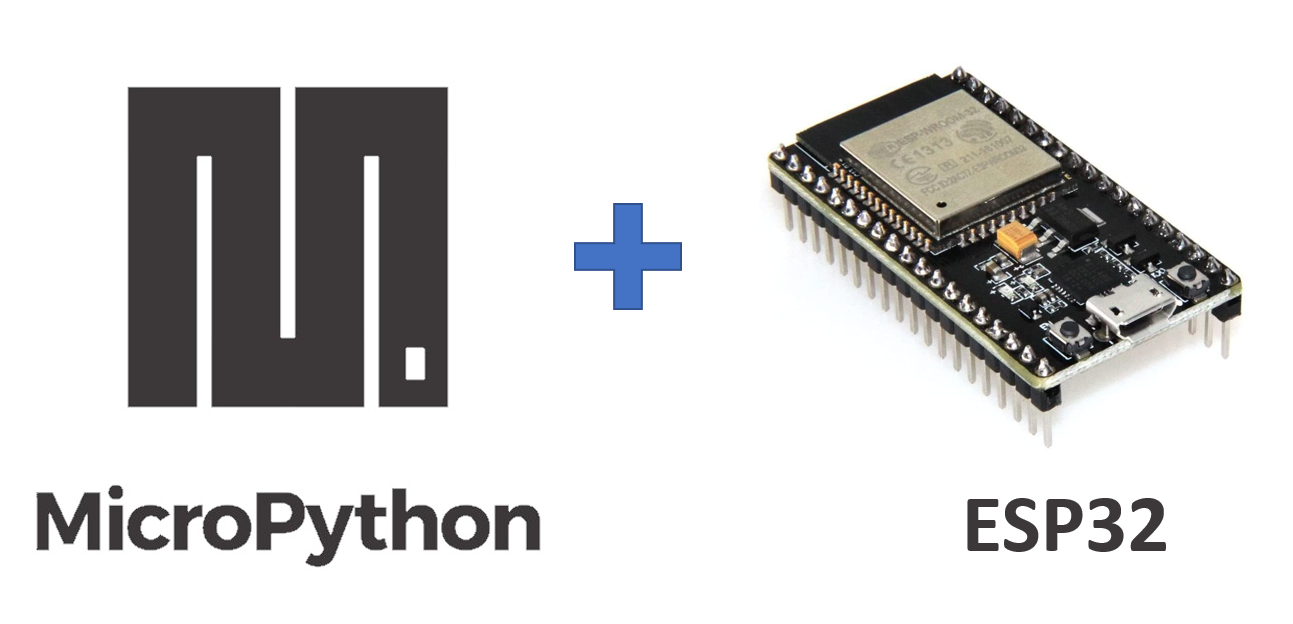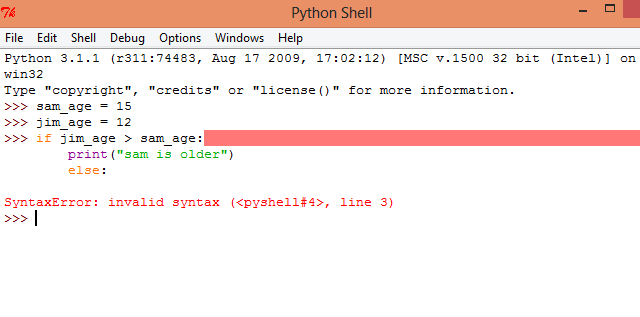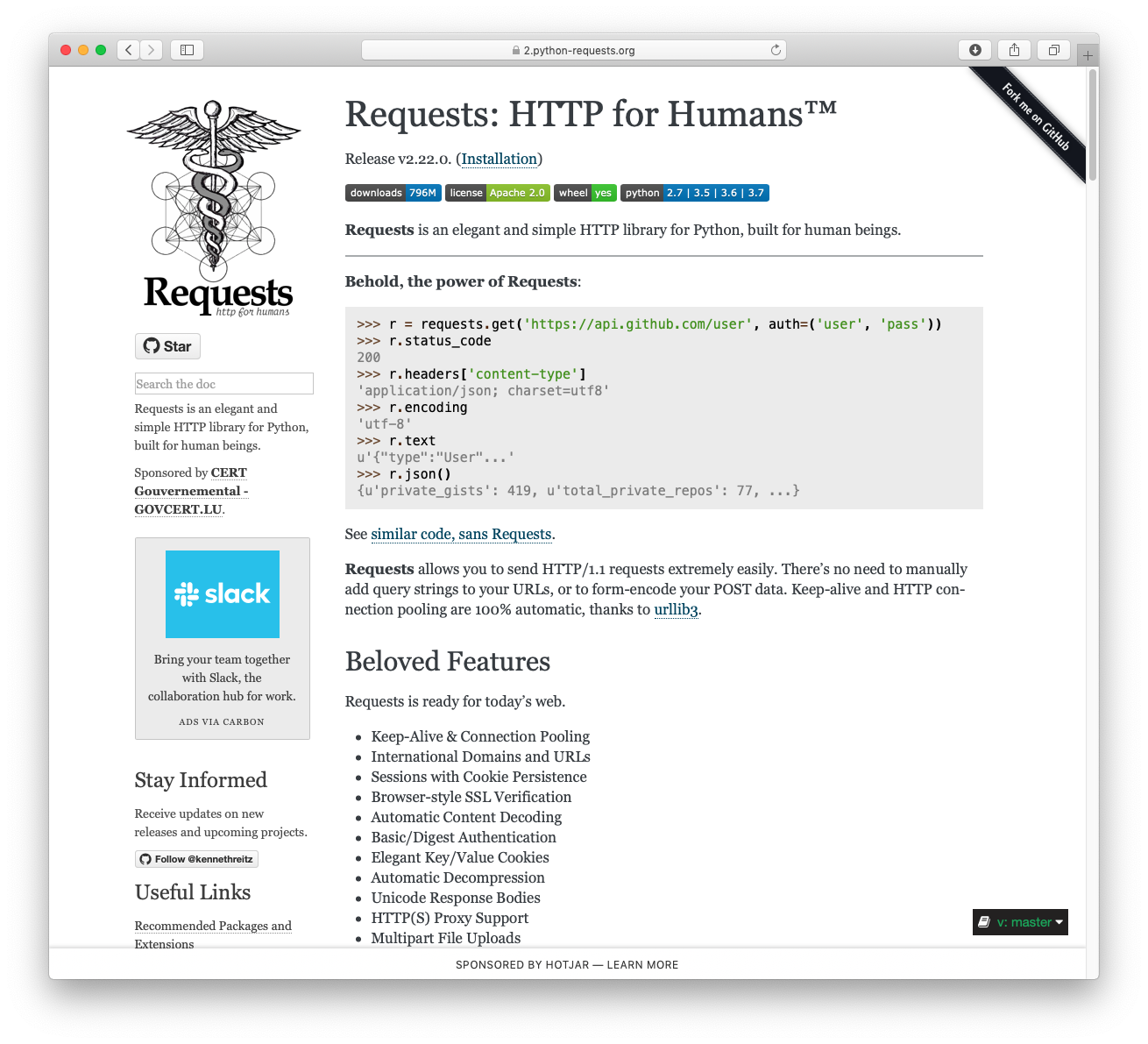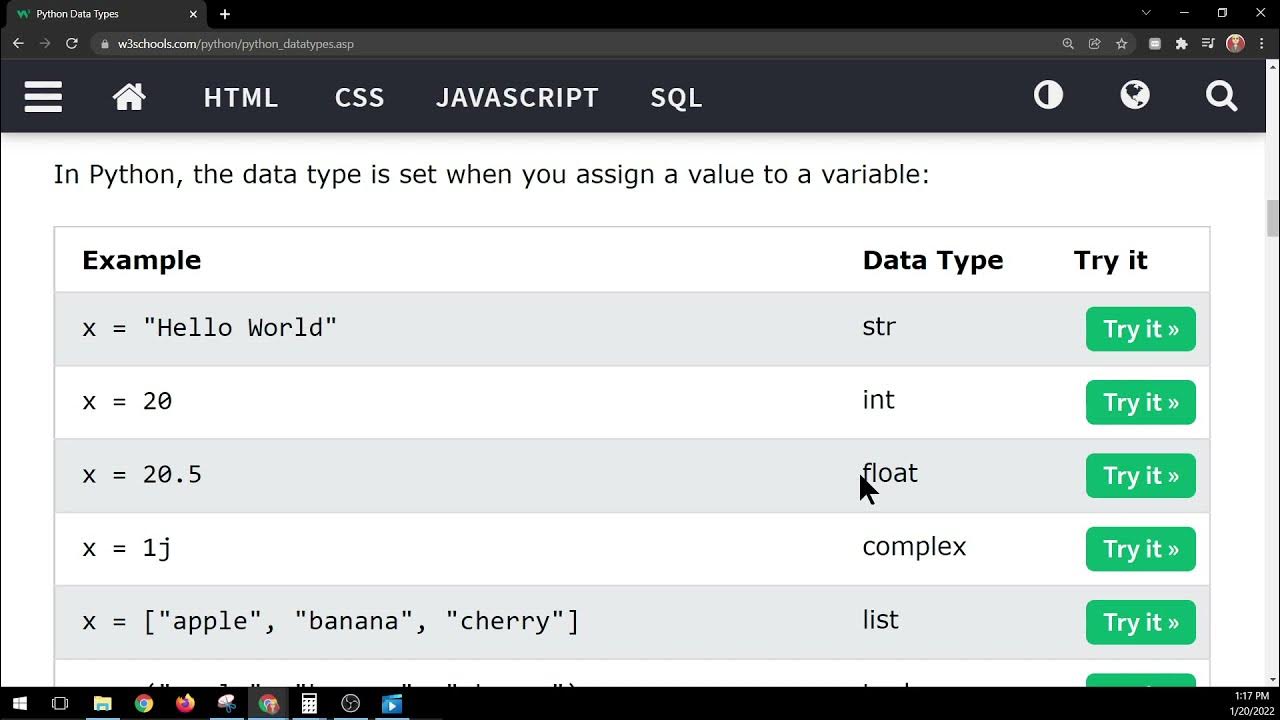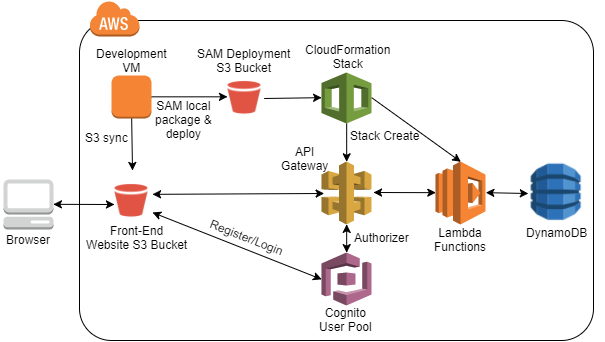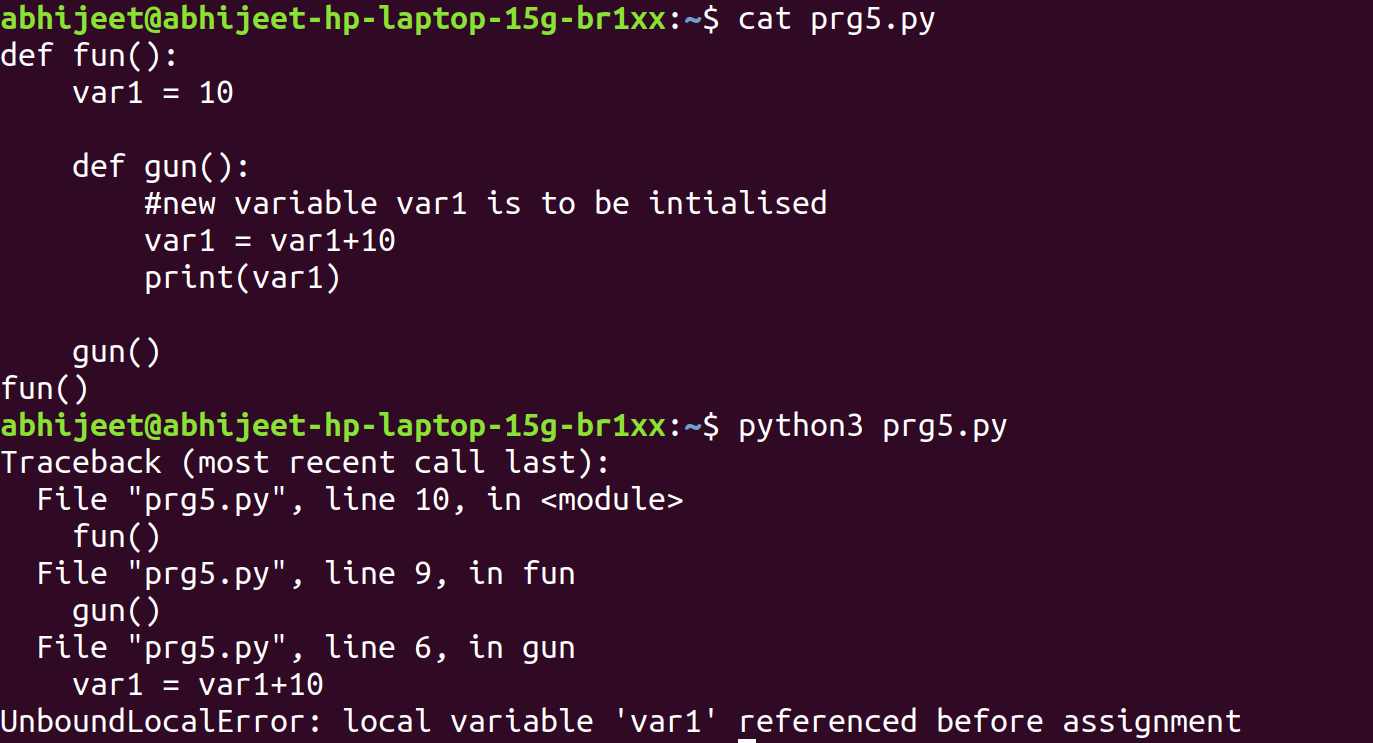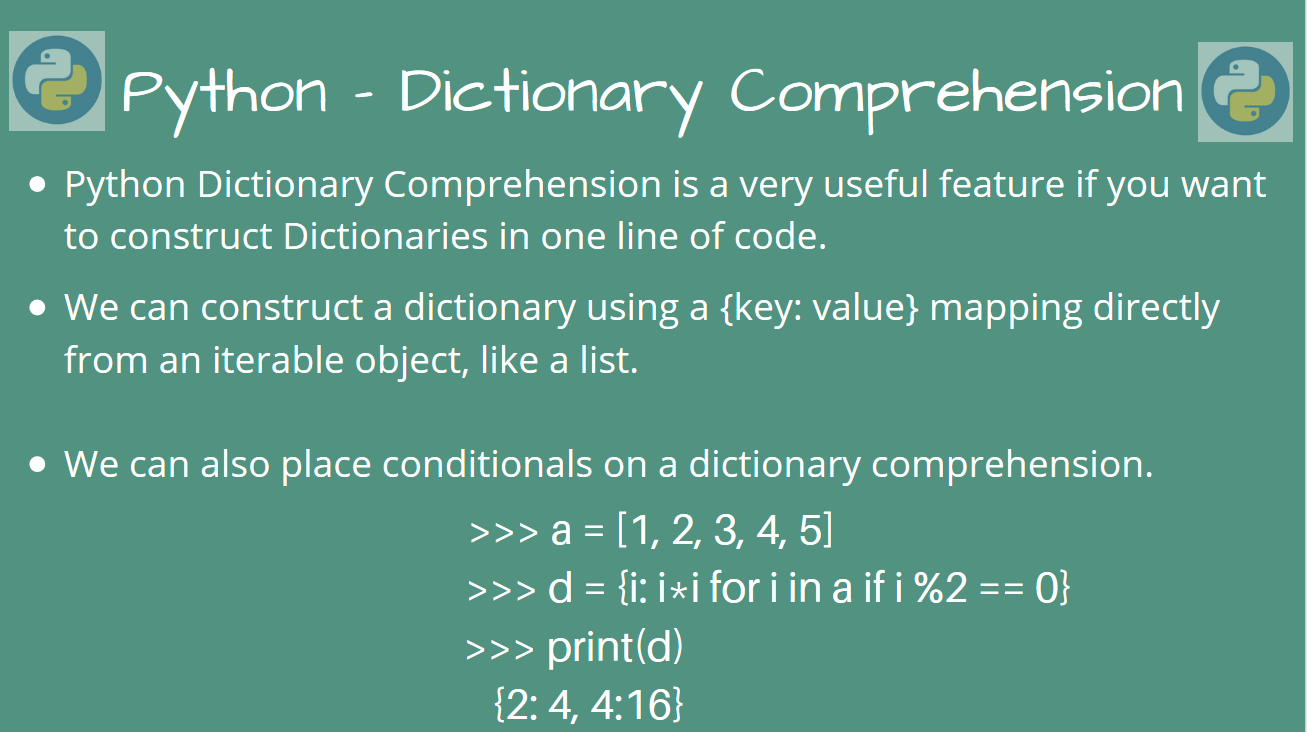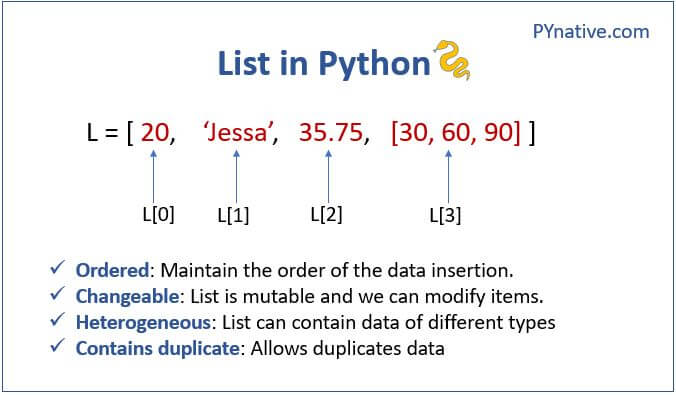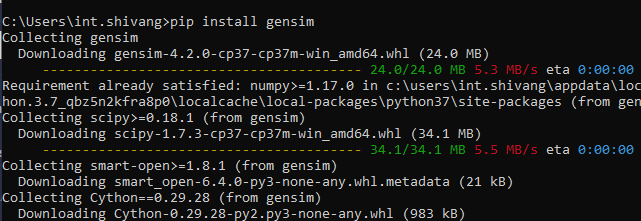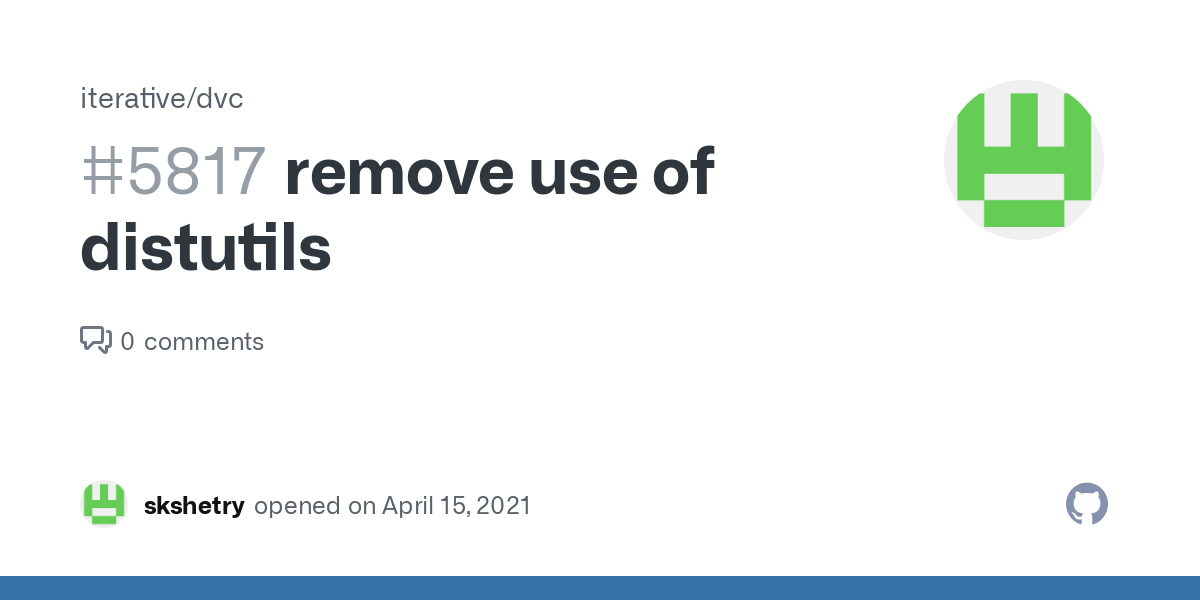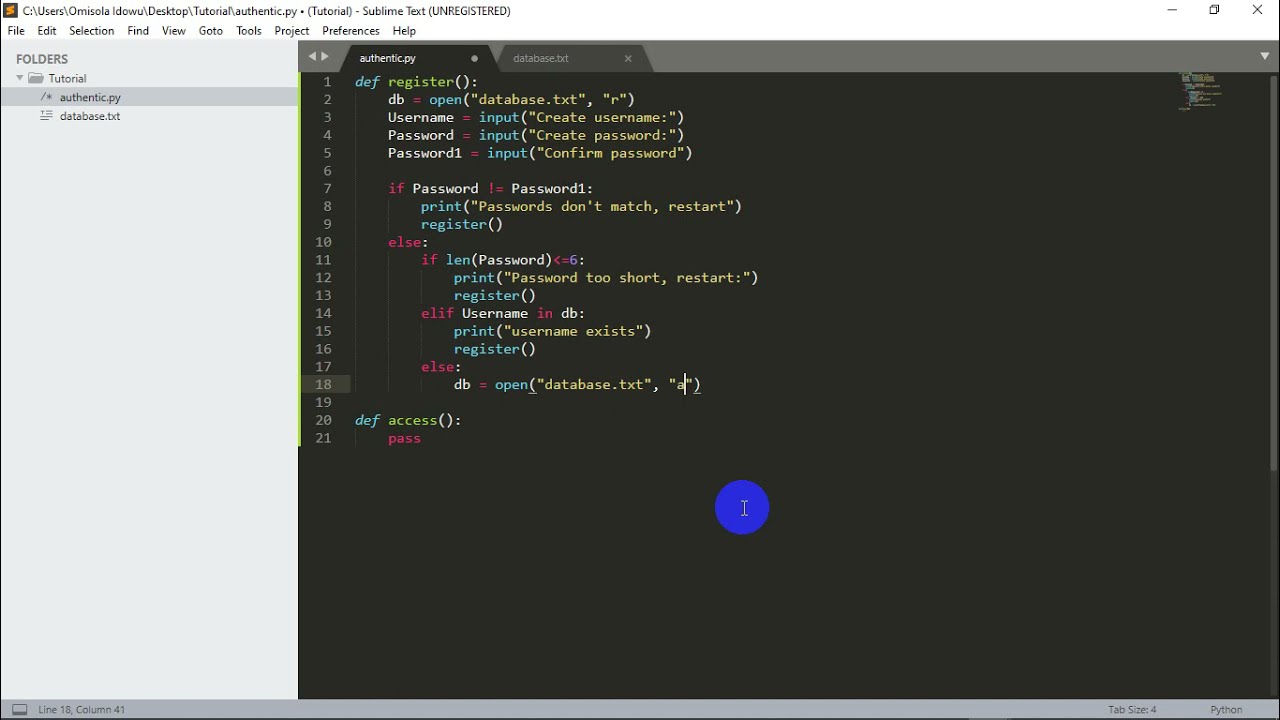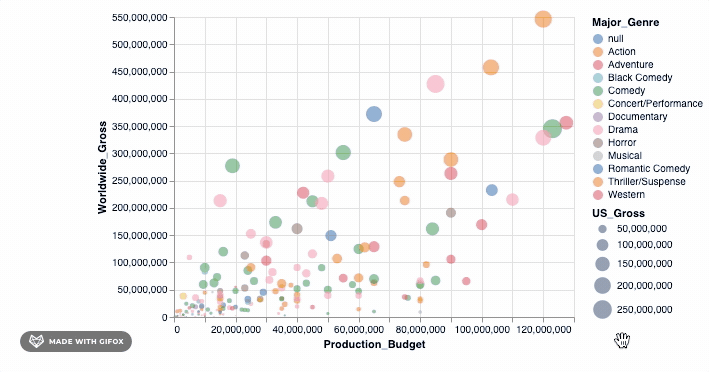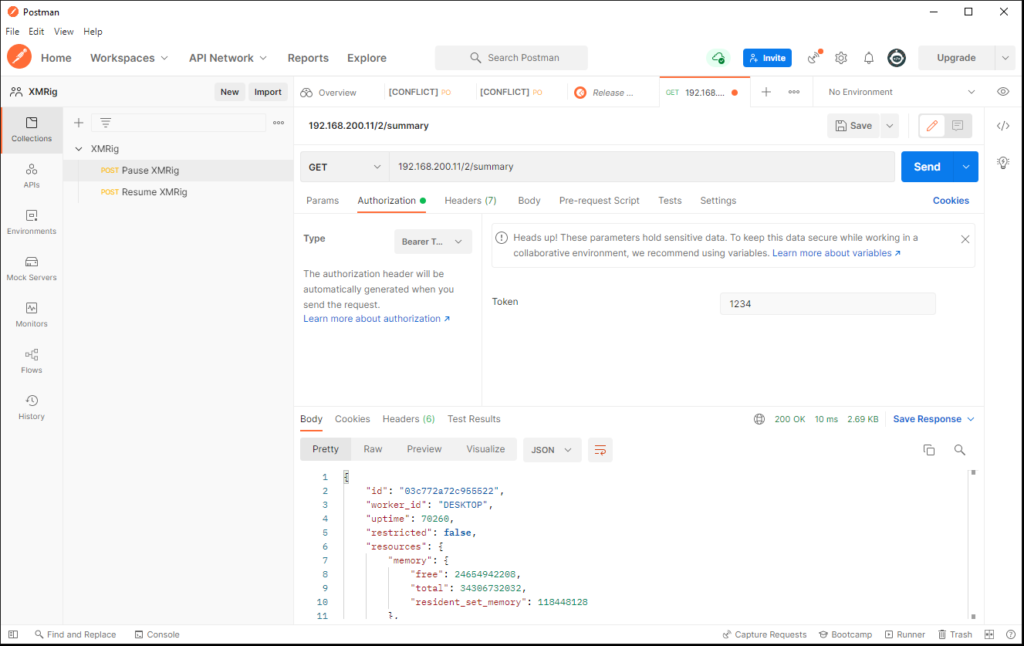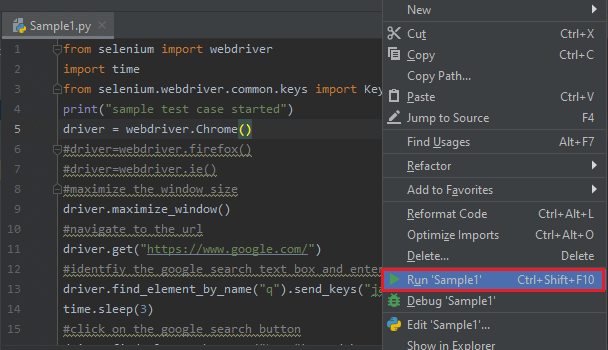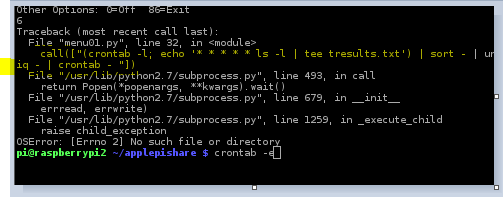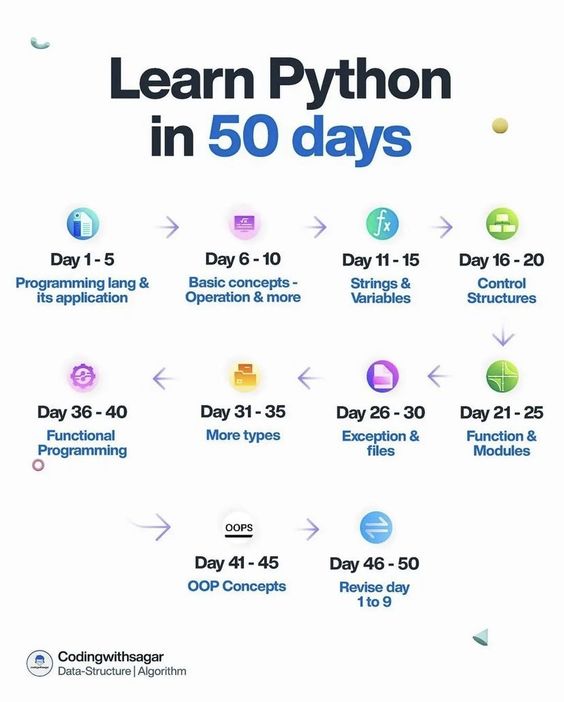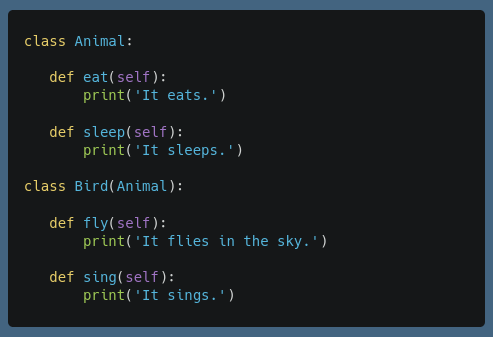Python vs C++ which is easier
Python vs C++ which is easier
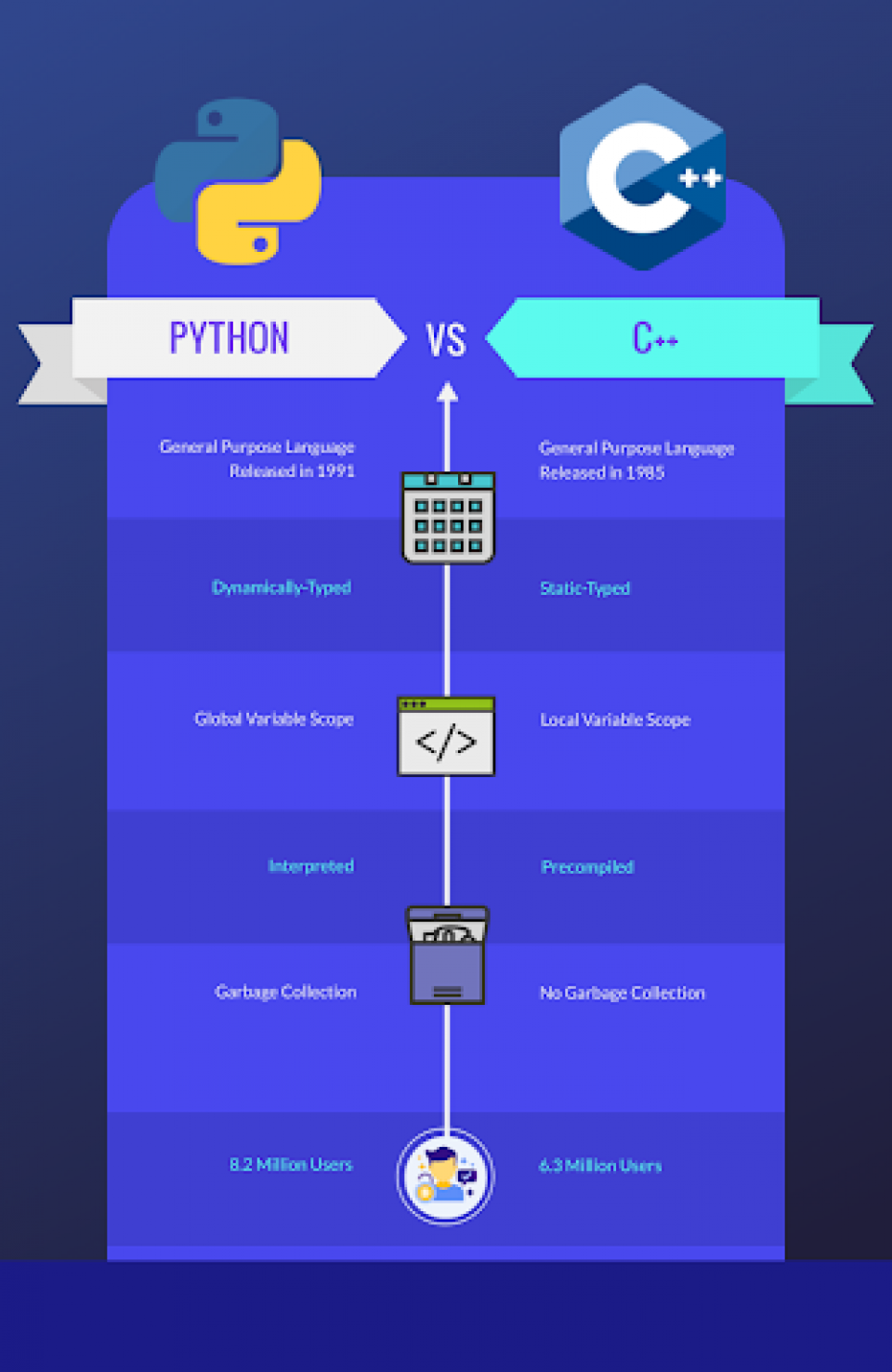
The age-old debate!
Choosing the "easier" programming language largely depends on your background, experience, and goals. Both Python and C++ are powerful tools with unique strengths and challenges. Let's dive into a comparison to help you decide.
Python: A High-Level Language
Python is often considered an easier language to learn, especially for beginners or those without prior programming experience. Here's why:
Syntax: Python's syntax is designed to be natural and intuitive, with a focus on readability. It uses whitespace to define code blocks, making it easy to spot errors. Inductive thinking: Python encourages an inductive approach to problem-solving. You'll spend more time exploring the data, iterating over possibilities, and refining your understanding of the problem. Libraries and frameworks: Python has a vast array of libraries and frameworks that simplify tasks, such as NumPy for numerical computations, Pandas for data manipulation, and Flask or Django for web development. Dynamic typing: Python is dynamically typed, which means you don't need to declare variable types ahead of time. This flexibility allows you to focus on the logic rather than syntax.C++: A Low-Level Language
C++ is a low-level language that requires a deeper understanding of computer science concepts and memory management. Here's why it can be considered more challenging:
Syntax: C++'s syntax is more verbose, with a stronger focus on memory allocation, pointer manipulation, and explicit type declarations. Manual memory management: You need to manually manage memory using pointers, which can lead to issues like memory leaks or dangling pointers. Template metaprogramming: C++'s template system allows for powerful metaprogramming, but it can be overwhelming for beginners. Error handling: C++'s error-handling mechanisms are more complex and nuanced than Python's, requiring a deeper understanding of the language's semantics.Which One is Easier?
Python is generally considered easier to learn and start programming with, especially if you're new to programming. The syntax is more forgiving, and the libraries and frameworks can help you build projects quickly. C++ requires a stronger foundation in computer science concepts and memory management, which can be challenging for beginners.
Conclusion
In conclusion, while both languages have their unique challenges, Python's high-level nature and dynamic typing make it an attractive choice for beginners or those looking to tackle rapid prototyping, data analysis, web development, or machine learning tasks. C++'s low-level nature and manual memory management require a deeper understanding of computer science concepts and can be more challenging for newcomers.
Remember that ease of learning depends on your individual background and goals. If you're interested in building games, simulations, or systems programming, C++ might be the better choice. For data analysis, web development, or scientific computing, Python could be the way to go.
Your Turn!
Which language do you think is easier? Share your experiences, and let's keep the discussion going!
Python or C++ for beginners
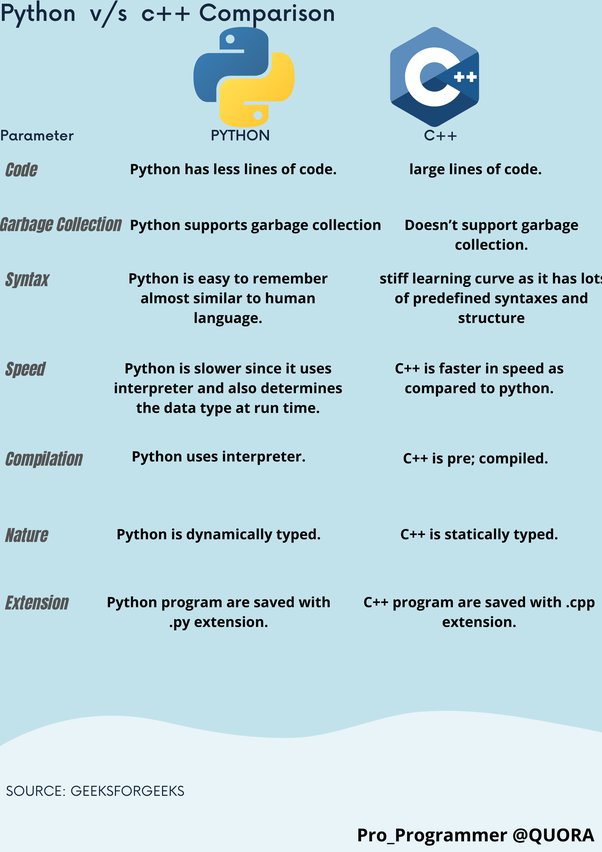
I'd be happy to help!
When it comes to programming languages for beginners, two popular options are Python and C++. Both have their strengths and weaknesses, making them suitable for different types of learners.
Python
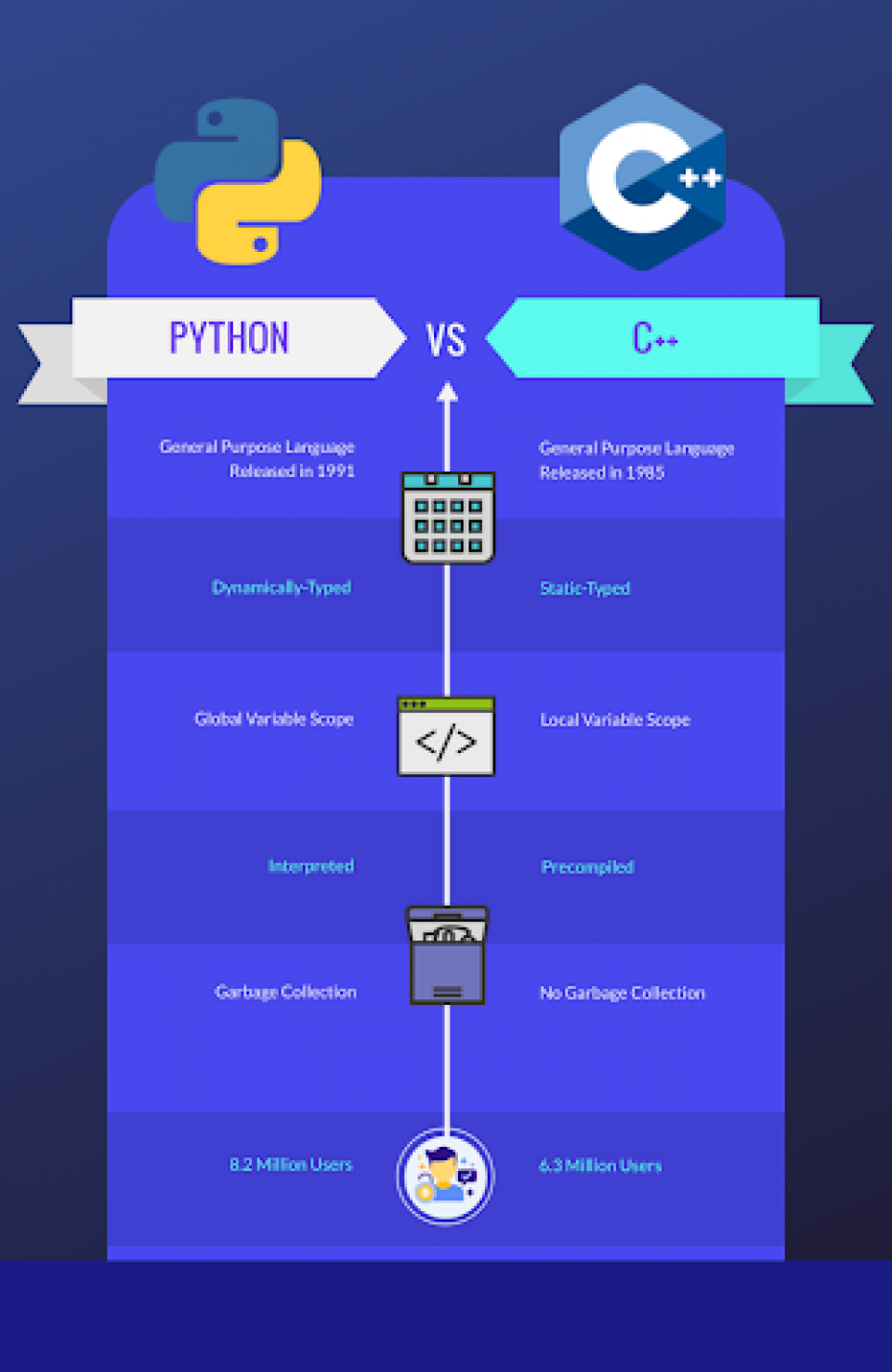
Python is a high-level language known for its simplicity, readability, and ease of use. It's often referred to as the "perfect beginner language." Here are some reasons why:
Syntax: Python's syntax is designed to be easy to understand, with concise and readable code. This makes it perfect for beginners who are new to programming. Libraries and frameworks: Python has a vast range of libraries and frameworks that make development faster and easier, such as NumPy, Pandas, Flask, and Django. Cross-platform compatibility: Python code can run on multiple platforms, including Windows, macOS, and Linux. Large community: The Python community is massive and active, with many resources available for beginners.C++
C++ is a powerful, low-level language that's great for building performance-critical applications. Here are some reasons why it's suitable for beginners:
Control and precision: C++ provides direct control over hardware resources like memory and CPU, giving you more power to shape your program. Learning fundamental concepts: C++ teaches fundamental programming concepts like pointers, memory management, and object-oriented programming (OOP). Portability: Although C++ is often associated with Windows, it's also available on macOS and Linux platforms. Industry relevance: Many professionals use C++ in industries like game development, scientific computing, and operating systems.Key differences
Python is generally more beginner-friendly than C++. Python has a gentler learning curve due to its:
Simpler syntax Automatic memory management (no manual memory allocation) High-level abstractionsC++, on the other hand, requires more understanding of low-level details, such as:
Manual memory management Pointers and their usage C++'s complex syntax rulesWhich one should you choose?
If you're new to programming, I'd recommend starting with Python. It's an excellent language for beginners due to its ease of use, versatility, and vast resources available.
However, if you're interested in building performance-critical applications or learning fundamental concepts like pointers and memory management, C++ might be the better choice.
Final thoughts
Ultimately, the choice between Python and C++ depends on your goals, interests, and preferences. Both languages have their strengths and weaknesses, making them suitable for different types of learners. Don't worry if you find one language more challenging than the other – with persistence and dedication, you'll become proficient in either (or both!)!

